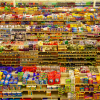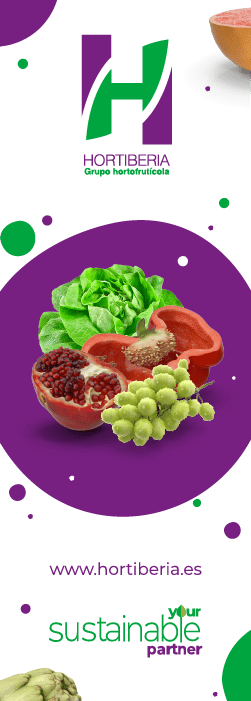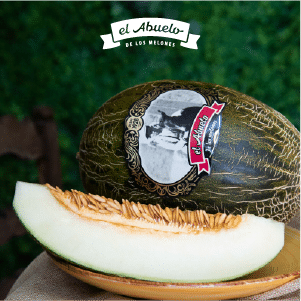Mercadona
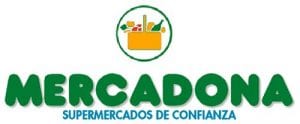
Billing 2009: 14.402 million Euros
Pricing policy: ALP (always low prices). Mercadona made itself a niche within the Spanish market by combining its own brands with leading brands.
Product range policy: in December of 2008 the range was drastically reduced. It seeks to avoid doubling up on products which satisfy the same need. In addition, depending on the location, it has regional variations.
Own brand and promotions: Hacendado, Bosque Verde and Deliplus. Very well developed and a good quality-price ratio. Mercadona has no promotional activity. It accepts neither “extra packs” nor “saving packs”. It does not advertise. Analysis of the needs of consumers through Focus Groups of its customers.
Carrefour
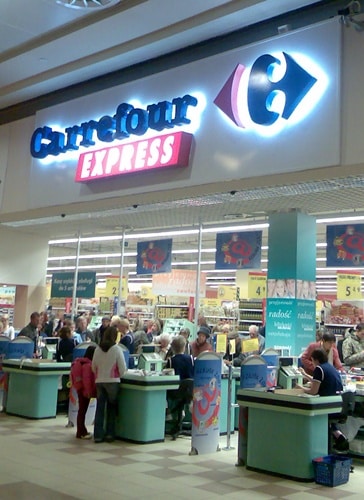
On the other hand, the DIA discount chain forms part of Carrefour but operates autonomously in Spain. The second country for this chain, after France, is our own.
Billing in 2009: 8.850 Million Euros
Pricing policy: the objective of Carrefour is to improve its pricing image across all channels, with different product ranges and specific activities depending on the shop. The policy of Carrefour Express is also ALP.
Product range policy: wide range; innovation as a tool for differentiation.
Own brand and promotions: en 2009, its own brand already represented some 25% of the total and it was forecast to increase. Carrefour brands, Carrefour Selección, Carrefour Discount, Carrefour Kids and TEX. Clear, consistent and well-communicated promotion. Promotions throughout the year advertised in leaflets and on television. It has also had Club Carrefour since 2006, of which there are over 7,5 million active buyers (creating customer loyalty thanks to the card). It has very developed buyer segmentation tools (EMNOS).
EROSKI
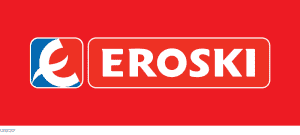
Billing 2009: 6.754 million Euros.
Pricing policy: aggressive although it seeks to protect their margin. Its RRP (recommended retail price) is in line with the competition.
Product range policy: wide and varied. Less presence of manufacturer brands in supermarkets.
Own brand and promotions: with wide ranges and in the process of developing the Eroski brand. They increase unit discounts; traditional 1, 2, 3€ promotion; aggressive pricing themes (50% discount on the second unit). Very active in consumer rights policies in nutrition, health, diet, etc.
El Corte Inglés

Billing 2009: 4.737 million Euros (in Hipercor, ECI Supermercados, Supercor, Tiendas de Conveniencia)
Pricing policy: Hipercor has its prices in line with the competition on both shelves and publicity, the same as Supercor, although it certainly conveys an image of higher prices.
Product range policy: wide. Very high in El Corte Inglés where gourmet product is also on offer. Very receptive to innovation and to quality products.
Own brand and promotions: Aliada although it represents a small part of sales. In relation to promotional activity, it is very receptive to special activities, prize draws, visibility promotions. Active on the Internet.
DIA

Billing 2009: 4.120 million Euros
Pricing policy: the lowest on the market for the entire product range. The presence of fresh products has been reinforced in some of the restructured Maxi DIA outlets.
Product range policy: adapted to basic products, for convenience and proximity.
Own brand and promotions: strong presence of the DIA brand. In the Maxi shops it represents some 55% of sales. Promotional activity on shelves, card and brochure.
Source: Leading brands and distributors by José María Vilas (2011)

